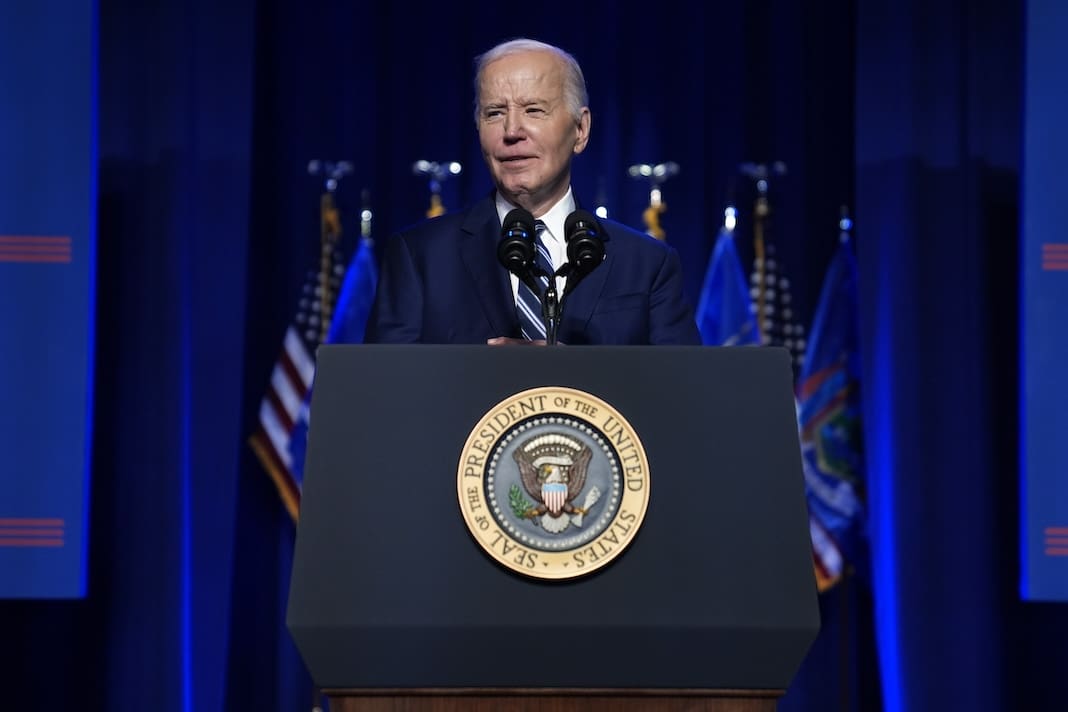Gov. Whitmer’s Proposal Seeks To Help Michigan Workers As The Threat Of Inflation Lingers For Many Across The State

Reinette LeJeune // Two Rivers News
With recovery from the COVID-19 pandemic ongoing, one might consider the last year an unideal time for workers. However, with the release of the Employment Cost Index (ECI) data from the Bureau of Labor Statistics (BLS) for 2021, data shows that U.S. wages have risen across the country; likely from growing competition for employers to retain workers and workers demanding better treatment from their employers. The ECI data shows wage growth in all industries, with the highest in the private sector, which ended the final quarter at a 4.5 percent year-over-year increase. In total, 2021 wages and benefits saw a collective 4 percent increase – the highest increase in 20 years.
Although wages are increasing, so too are inflation rates, which are also rising at their highest rates in two decades. The main cause seems to be supply-chain delays brought on by the pandemic. With costs increasing from these delays, as well as demands for more livable wages, some employers are using the situation as an excuse to raise prices, thus offsetting workers’ newfound purchasing power. Economists have voiced their concerns that, although wage growth is a positive for workers, the economy is still at an increased risk for sustained inflation.
Last month, Governor Whitmer proposed spending $300 million in federal funds in order to assist businesses in paying employees a minimum $15 per hour, stating, “Our future is bright, and I will continue working with anyone to get things done on the kitchen-table issues that matter most to families. Let’s stay focused on growing our economy, creating good-paying jobs, and lowering costs for families.”
At the beginning of the year, Michigan raised its minimum wage by 22 cents to $9.87 per hour. Tipped minimum wage also increased from $3.67 to $3.75 per hour, while minimum wage for minors increased from $8.20 to $8.39 per hour. For full time workers, the increase amounts to less than $500 extra for the year, leaving many to continue cutting corners to get by. Inflation rates have risen by 6.2 percent over the last twelve months according to the BLS Federal Consumer Price Index – a rate 2.5 times faster than the state’s minimum wage increase.




